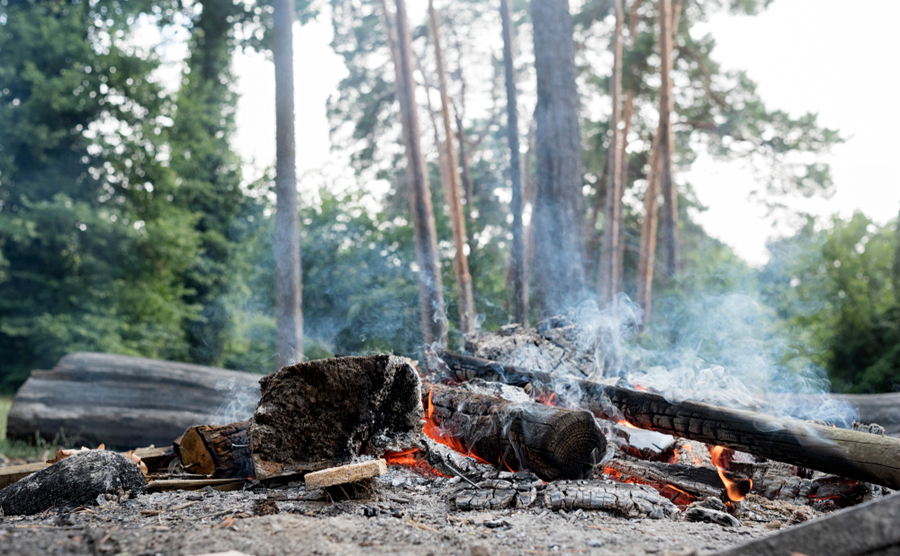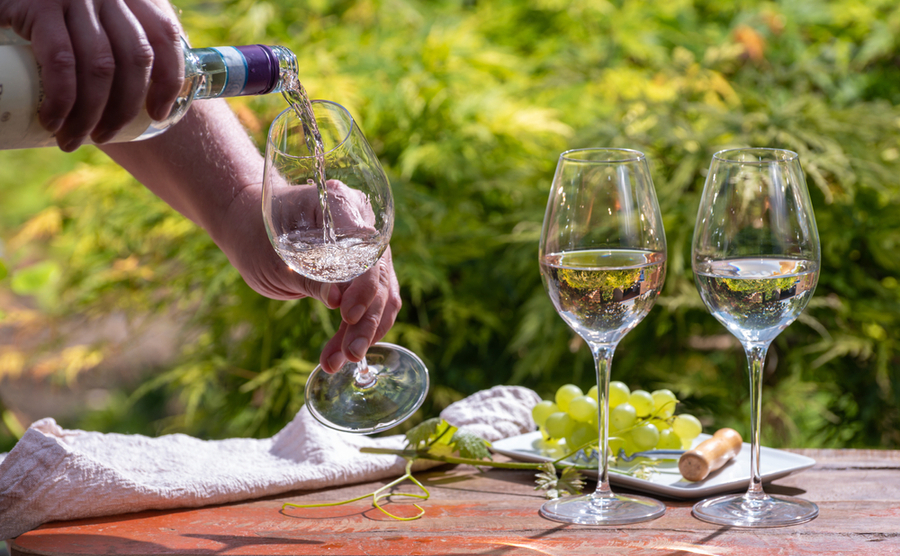France, like anywhere else, requires you to attain licences to do many things legally. Tasks like exchanging driving licences and obtaining licences to run businesses may well be obvious. But here are some potentially surprising things for which you must also obtain a French licence.
Find homes in France via our property portal.
Bonfires
Whilst you may think that owning your property and terrain gives you free reign to do as you wish within the confines of your garden, think again. In addition to installing pools and outbuildings, in some areas you may even need a licence for bonfires. Some areas even strongly prohibit this in all cases.
In more rural areas, you may even need a French licence to burn your garden rubbish, despite being within the confines of your own boundary. Clarification should be sought from your local Mairie. If you live in one of those areas, you need to apply for the relevant permit to do so. These are generally issued for a period of 15 days and must be renewed again once the validity date lapses.

In some areas, you may need a licence for bonfires in your garden.
Fishing
The opportunities for fishing in France are endless. With over 15,000 kilometres of rivers and lakes galore, you may think you could fish wherever you like. However, a fishing rod licence (“carte de pêche”) or a permit is required for all legal freshwater fishing in France. It is worth noting, however, that this is not required for sea fishing.
You can obtain these from the “Fédération Nationale de la Peche en France” (FNPF). Either online via their website or from local fishing shops who will help with your application. The role of the FNPF is to protect waters, preserve the environment and support and develop the past-time of fishing. Waters are categorised as one of two types. The first category encompasses rivers and lakes, whilst the second category applies to canals, streams and game fishing stretches of water. For various fees, the FNPF provide numerous different types of French licence, dependent on requirement. With all being valid for either 1st or 2nd category waters.
Don’t spend any money on your move abroad until you’ve read The Currency Guide to Emigration, free to download.
Playing music in your establishment
If you run a bar, café or restaurant and want to broadcast music or specific TV events, you also require a specific French licence. These can be obtained online via an organisation called SACEM. This body represents authors, composers and publishers.
Similarly, if you are a running a one off event at your house, gite or business and wish to broadcast music or televisual content, you also need to apply for a permit from this body. They issue both the licence and ensure that any royalties are passed on to the relevant rightful recipients.
As always, the general advice is to ensure you do your research.
Serving food and drink in your B&B
If you own a B&B, you are allowed to serve breakfast without a licence. However, any provided food or drink outside of breakfast requires one. You may think it a good additional revenue stream to serve tasting boards of locally produced delicious titbits and alcohol. But should you do so, the requirement is to attain either a licence de restaurant (for serving any type of alcohol) or a petite licence restaurant (for serving wine, ciders and beers).
In order to qualify for the licence, you must first undertake a course called a Permis d’Exploitation. This is followed by an exam, so certainly not for the faint hearted. Also, as a word of warning – the number of licences per area are limited, so attainment is not guaranteed.

Trailers over 500kg PTAC
Trailers are often regarded as a necessity of everyday life in France. Be careful not to fall foul of registration and licence requirement regulations. Trailers up to 500kg PTAC (meaning laden weight) do not need to be separately registered or plated independently to the towing vehicle. However anything above that weight does require its own independent French licence.
These vehicles must be registered via the ANTS (l’Agence Nationale des Titres Sécurisés) website. As of course, must any imported vehicle within a month of a permanent residents arrival to France. The vehicle then needs to be plated with its own separate registration number. This is something that has historically caught out many unsuspecting expats making assumptions, so be careful.
As always, the general advice is to ensure you do your research and are fully conversant with the French licence requirements for any project you choose to undertake. The repercussions of not doing so can be not only severe but very unwelcome.













